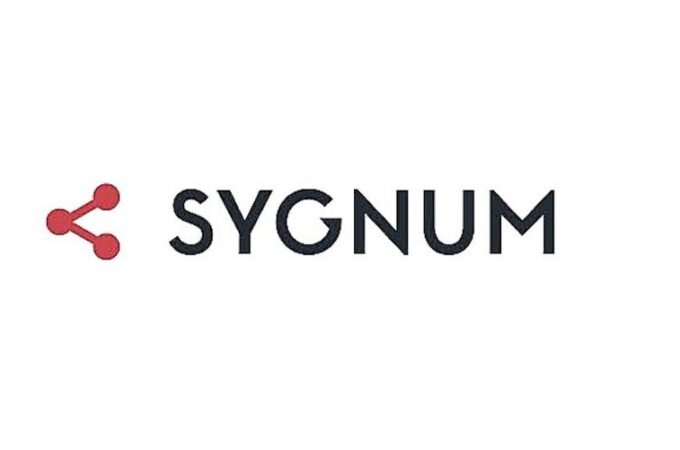
Monese, the UK banking app for immigrants and expats, finally lands on iOS
By Steve O’Hear for Techcrunch.com
For all the hype around fintech, not least in London, Monese is a startup that has pragmatism at its heart. It’s not trying to be an actual bank — in the technical, banking license sense — but does enable immigrants and expats, who might otherwise find it hard to open a bank account outside of their home country, to access core banking services.
A Monese account, which claims to be able to be opened in “under 3 minutes”, provides a fully-fledged ‘current account’ interface (including a bank account number), low-cost international money transfers, and a Visa debit card. You’re also able to make cash deposits and withdrawals, and store money in multiple currencies.
However, until now, the startup’s mobile app, through which all of its services are accessible, was Android only. That changes today as Monese finally launches on iOS.
What’s especially interesting about this milestone, isn’t that iOS demand has been strong (which, unsurprisingly, it has), but how far Monese has been able to get to without support for Apple’s iPhone.
The company tells me that 55,000 people have installed the Android app since its launch late last year, moving £41 million through Monese. To put the latter figure into context, £12 million was transacted this July, with the startup growing 30 per cent month-on-month.
And to prove that users are signing up to Monese as their primary bank account — rather than early adopters/geeks playing with the latest fintech toy — I’m told that 74 per cent of all incoming deposits are people’s salaries. That would suggest that Monese is meeting the remit it set out to fulfill.
Two other talking points: Post Brexit, conversion rates have doubled, as, according to the company, people are viewing Monese as a solution to increasingly restrictive mainstream banking across U.K. and Europe — which seems a little premature to me. And, on an active user basis, Monese is gross profitable.
That last point is worth dwelling on. Fintech without the hype? Perhaps. The reason for Monese’s seemingly (and self-reported) sound unit economics, when you dig a little deeper, is quite simple.
A few months back the company quietly changed its revenue model. Rather than charging per transaction once a user had used up their free quota, the startup has switched to a simple monthly fee of £4.95 per account, for almost all of its services (it still charges a minor additional fee for currency exchange, for example). This covers its own banking fees, but with enough margin, except for the most active users, to be potentially profitable.
It’s also competitive with the banks, even if in the U.K., for the majority of us, banking is “free”. The dirty secret that fintech startups are exposing is that financial services are never free, of course, but subsidised by things like hidden fees, zero interest paid when you are in credit or via up sold and uncompetitive products.
But for many immigrants, banking is literally not free, as banks charge a “control function” of around £7 for customers who need or only qualify for a basic account that won’t let them go overdrawn. That’s because, unlike Monese, being in credit runs counter to a traditional bank’s business model.
First appeared at techcrunch.com





